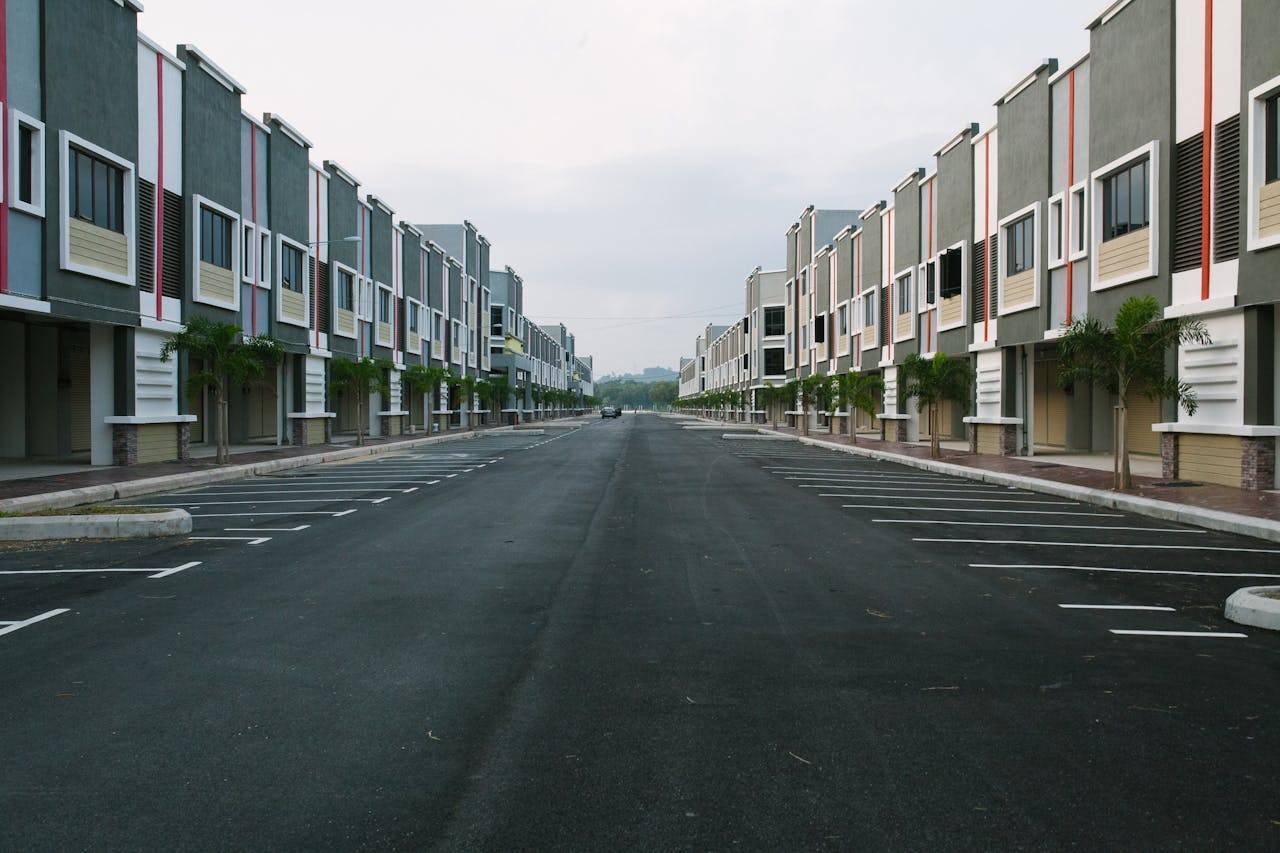Property ownership in Chennai and several old corporations in Tamil Nadu has become more expensive, as the Tamil Nadu government has announced a 10% increase in the guideline values for land. This revision, effective from July 1, 2024, will affect various neighbourhoods in Chennai and other key cities, including Alandur, Salem, Trichy, and Vellore.
Overview of the New Guideline Values
The Government’s latest adjustment to the guideline values has raised the rate per square foot for several prominent areas:
- Alandur Road: The value has been increased from ₹5,500 to ₹6,100 per square foot.
- Okkiyam-Thuraipakkam: The rate has gone up from ₹6,000 to ₹6,600 per square foot.
- Abhiramapuram 3rd Street: The guideline value has been raised from ₹16,000 to ₹17,600 per square foot.
This increase reflects a return to the guideline values set in March 2023, with a slight upward adjustment to account for inflation and market conditions.
Historical Context and Judicial Intervention
The recent hike comes after the Madras High Court, led by Justice P Velmurugan, struck down a previous government circular from March 2023 that had sought to increase the guideline values by 33%. The court’s decision was based on findings of procedural irregularities in how the values were revised. Following this ruling, the Tamil Nadu government was required to undertake a new valuation process.
To address the court’s concerns, the government formed a series of sub-committees to review and reassess the guideline values. This process involved public consultations where around 1,000 responses were collected and considered. The revised draft of the guideline values was then submitted to the Central Valuation Committee for final approval, which was granted on June 29, 2024.
Implications of the Guideline Value Increase
The 10% increase in guideline values will have significant implications for property transactions in the affected areas. With the new rates, both buyers and sellers will face higher costs associated with property transactions, including registration fees and premium FSI (Floor Space Index) charges. Builders and real estate developers are particularly concerned about the impact of these increases, which they fear will be passed on to homebuyers.
A. Mohamed Ali, President of Credai Chennai, acknowledged that while the registration department had conducted a thorough study for this revision, the abrupt announcement and implementation of the new values pose challenges for the real estate sector. Builders have expressed a preference for more gradual changes to allow for better adjustment to market conditions.
G. Mohan, Past President of the Chennai Southern Builders Association, pointed out that there have been inconsistencies in the application of revised values across different streets. Issues have been reported in areas such as Alandur and Pallavaram, where difficulties with document registration have been noted. The registration department has committed to addressing these glitches and ensuring smooth implementation of the new values.
Public and Market Reactions
The adjustment in guideline values reflects a broader trend of periodic revisions in property valuation to keep pace with market dynamics and legal requirements. While the immediate reaction from the real estate sector has been one of concern over the increased costs, the government’s approach to revising these values through a detailed and consultative process has been viewed positively.
Officials from the registration department have emphasized that the revised values are based on a comprehensive review process that included public feedback and expert assessments. They have assured that efforts will be made to resolve any issues arising from the new values and ensure that the updated guidelines are implemented effectively.
Looking Ahead
As the new guideline values come into effect, both the real estate market and prospective property buyers will need to adapt to the increased costs associated with property transactions. The government’s approach to the revision process reflects a commitment to balancing legal requirements with market realities, though the impact of these changes will continue to unfold in the coming months.
Image source- pixabay.com









.png)